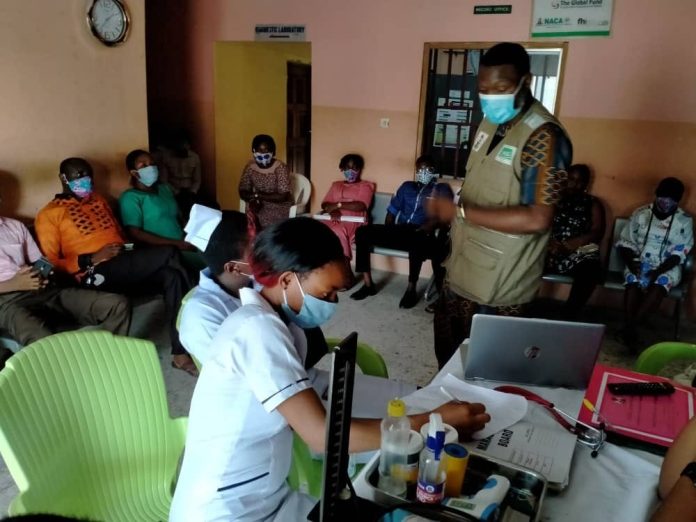Cost of hospital bills has surpassed the incomes of several households. Malaria treatment for sick patients in several standard hospitals costs over N100,000, with the treatment of serious hepatitis patients exceeding N150,000, according to a BusinessDay survey. Treatment of more serious diseases such as pneumonia, ulcer, hypertension, diabetes can go higher.
But incomes are not getting higher. A PiggyVest Savings Report 2023 showed that the majority of Nigerian workers earned below N100,000 monthly. Another 2023 report by Techpoint said the majority of workers earned N35,000 monthly.
Hospital bills are eclipsing incomes, pushing a large number of citizens into poverty.
The widespread economic challenges in Nigeria have not only escalated the cost of operation for healthcare institutions, it is confronting most Nigerians on every layer – whether in public or private hospitals.
Rising costs are affecting the depth and volume of medical diagnoses that patients can undertake, according to BusinessDay findings.
Patients’ wallets, rather than the appropriate standard of treatment, often determine whether they get surgery or manage medications.
Patients in emergency wards are refusing admission into wards because of financial constraints.
Several sick Nigerians like Mrs. Ayobakin have asked to be discharged against medical advice. Others are missing important clinic appointments because they can’t afford to cover the cost of commuting to the hospital.
In a rare acknowledgment of the realities of medical hardship by the federal government, Muhammad Ali Pate, Nigeria’s minister for Health and Social Welfare, admitted that Nigerians face significant challenges in affording the cost of healthcare, which has pushed some deeper into poverty.









